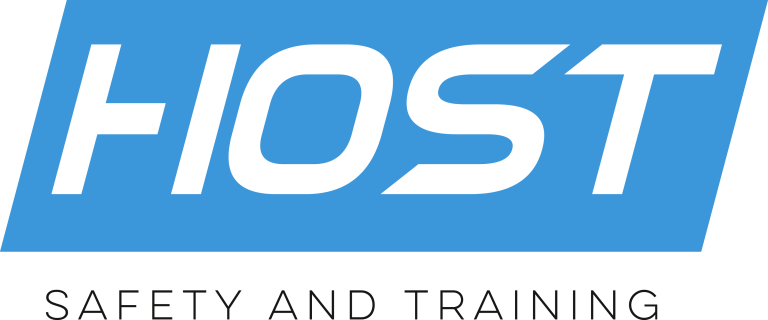Non-friable asbestos materials include asbestos cement sheeting, often called fibro, used in many buildings before 1990. The sheeting was used for cladding, roofs and fences and can often be found as backing boards in wet areas like kitchens and bathrooms.

Did you know that Australia and the UK have the highest rates of asbestos-related death in the world, with asbestos-related diseases having killed thousands of Australians? Asbestos is highly toxic, causing a range of lung diseases that are slow to develop but in many cases deadly.
While its use is now completely prohibited, there is a growing need to safely dispose of asbestos and asbestos-containing material (ACM). When asbestos-containing materials (ACM) are present, or even suspected of being present in the workplace, only qualified personnel are permitted to safely manage or remove it.
Any worker removing more than 10m² of non-friable (also known as ‘bonded’) asbestos must be appropriately trained, as outlined in the Work Health & Safety Regulation 2011 and the Code of Practice for the Safe Removal of Asbestos.
Non-friable asbestos materials include asbestos cement sheeting, often called fibro, used in many buildings before 1990. The sheeting was used for cladding, roofs and fences and can often be found as backing boards in wet areas like kitchens and bathrooms.
This course is a legal requirement for workers who need to remove more than 10m² of non-friable asbestos. Tradespeople, contractors and other business operators: Commercial operators can remove more than 10m² of non-friable asbestos only under the authority of a Class B (non-friable) or Class A (friable) asbestos removal licence issued by the State Authority.
As an employed worker, you need to do this course, but do not need a Class A or B licence yourself if you are working under the authority of a licenced operator (e.g. the company or supervisor). Queensland – Fact sheet. Doing this course is required before applying for a Class B licence.
For more information and details of how to apply for a licence, please see WorkCover Queensland. Homeowners and owner builders in Queensland: After completing this course, you are certified to remove more than 10m² of non-friable asbestos. You do not need any additional licence.
Entry Requirements
Participants must provide a Statement of Attainment for: CPCCWHS1001 Prepare to work safely in the construction industry
Payment prior to course commencement – see terms and conditions in student handbook.
Valid photo ID
Have a good understanding of the English language
Wear long trousers, long-sleeve shirt and enclosed footwear (as a minimum)
USI – Unique Student Identifier
Host Safety and Training Pty Ltd was founded by family team Matt Keating and Dave Cassells in 2016 and is still supported by the same family influence today.
From humble beginnings, HOST acquired The Australian Institute of Resources Training PTY LTD, RTO 40772 as a subsidiary in early 2017 to continue to build the business on excellence and to service our clients.
Starting on the Sunshine Coast, the business now has footprints and offices in Gladstone, Mackay, Victoria and Northern Territory servicing many clients and projects along the way.
The business was started with a vision to provide the highest level of project management, training and safety consultation on offer.
Together we have over 50 years of experience in the mining, oil & gas and construction industries, and have taken this experience into the safety and training industry.
© 2025 coursetakers.com All Rights Reserved. Terms and Conditions of use | Privacy Policy